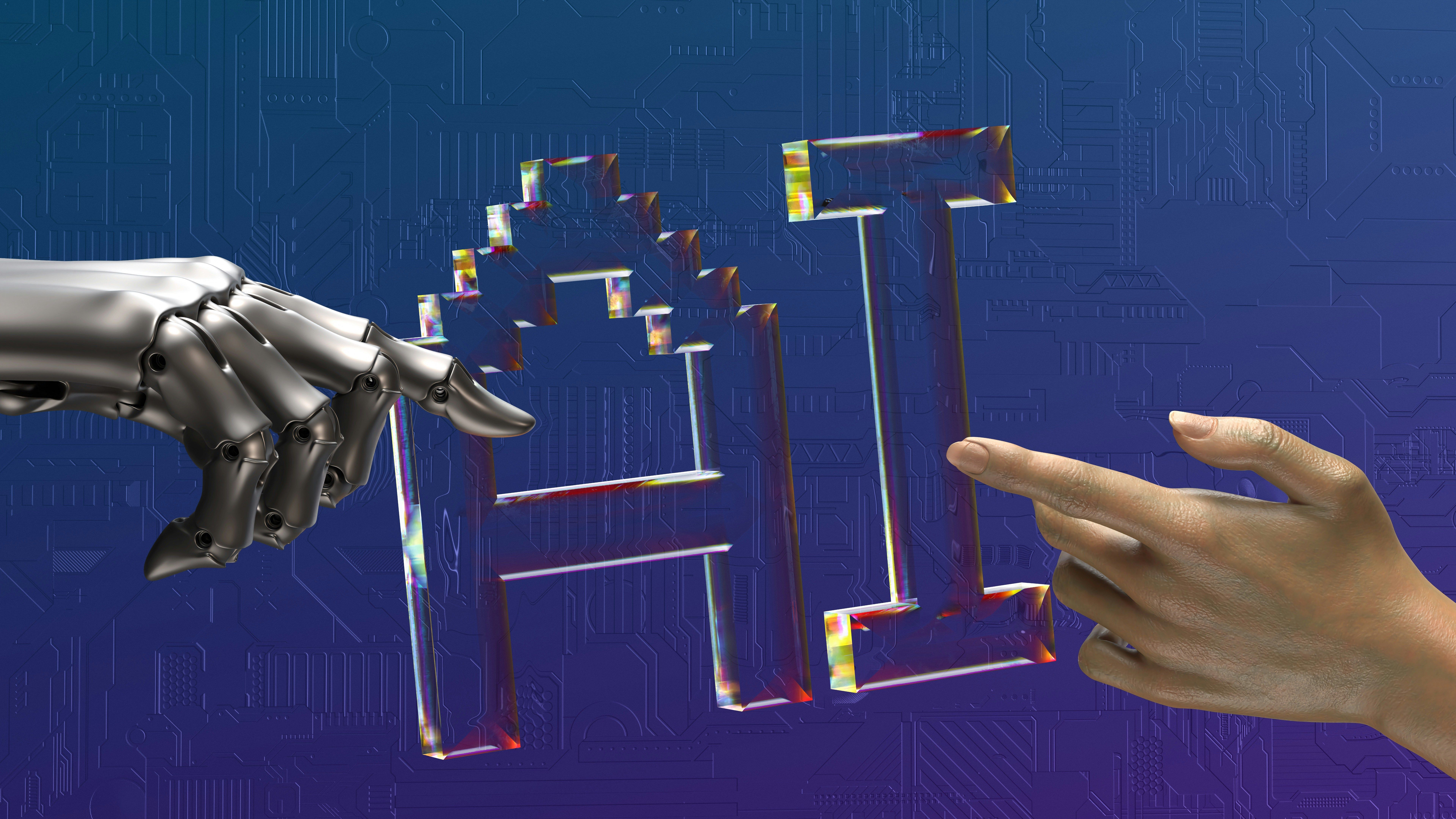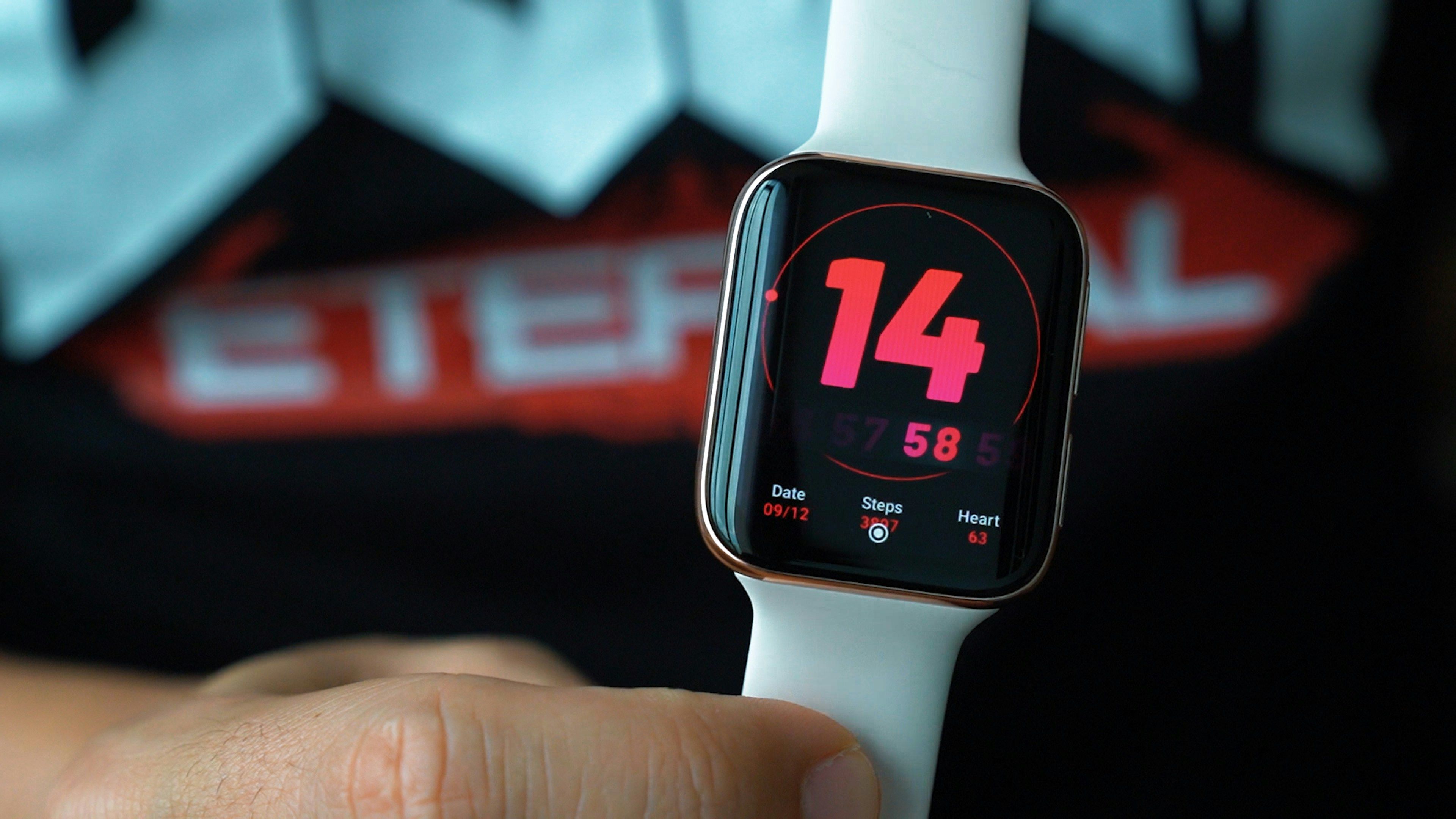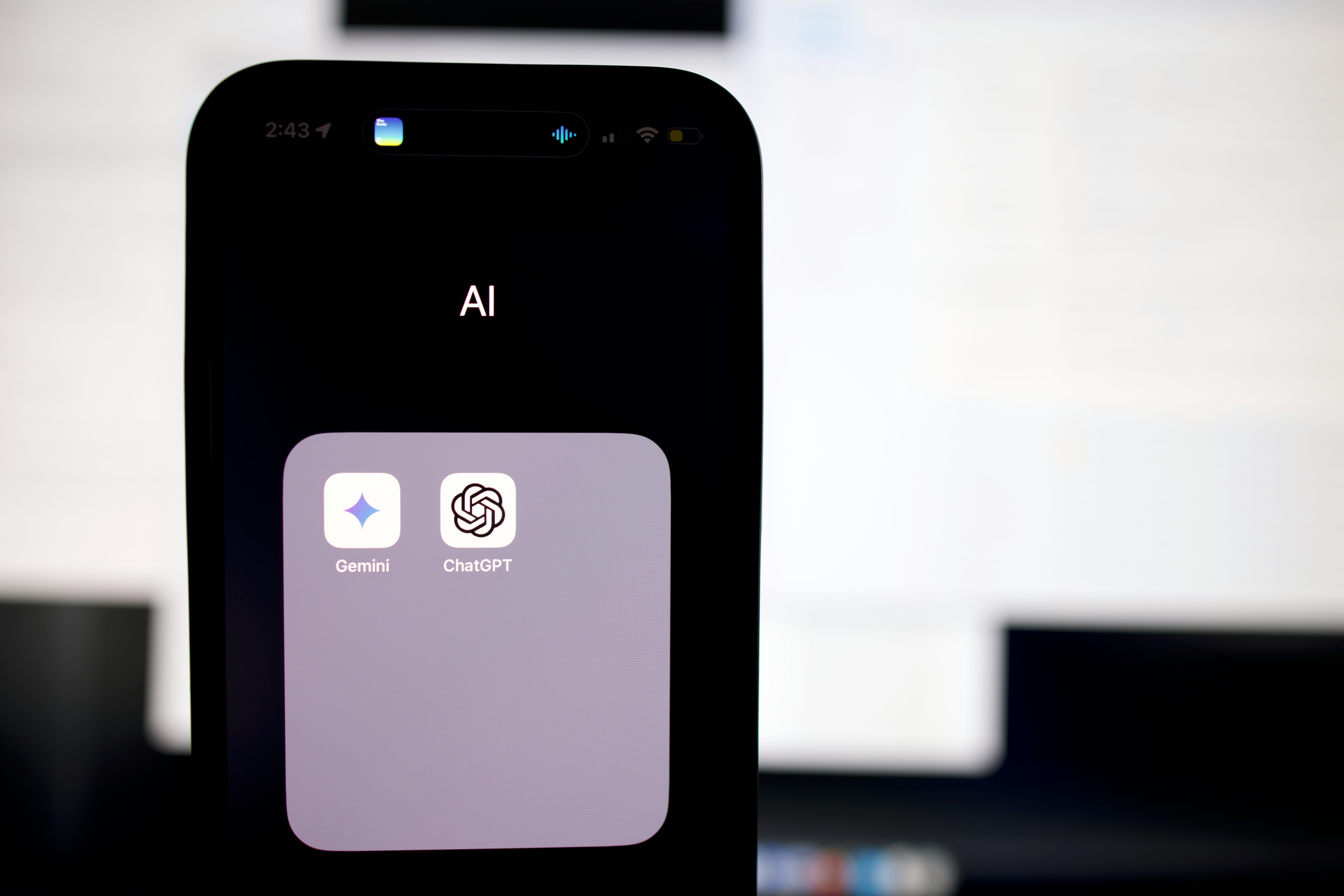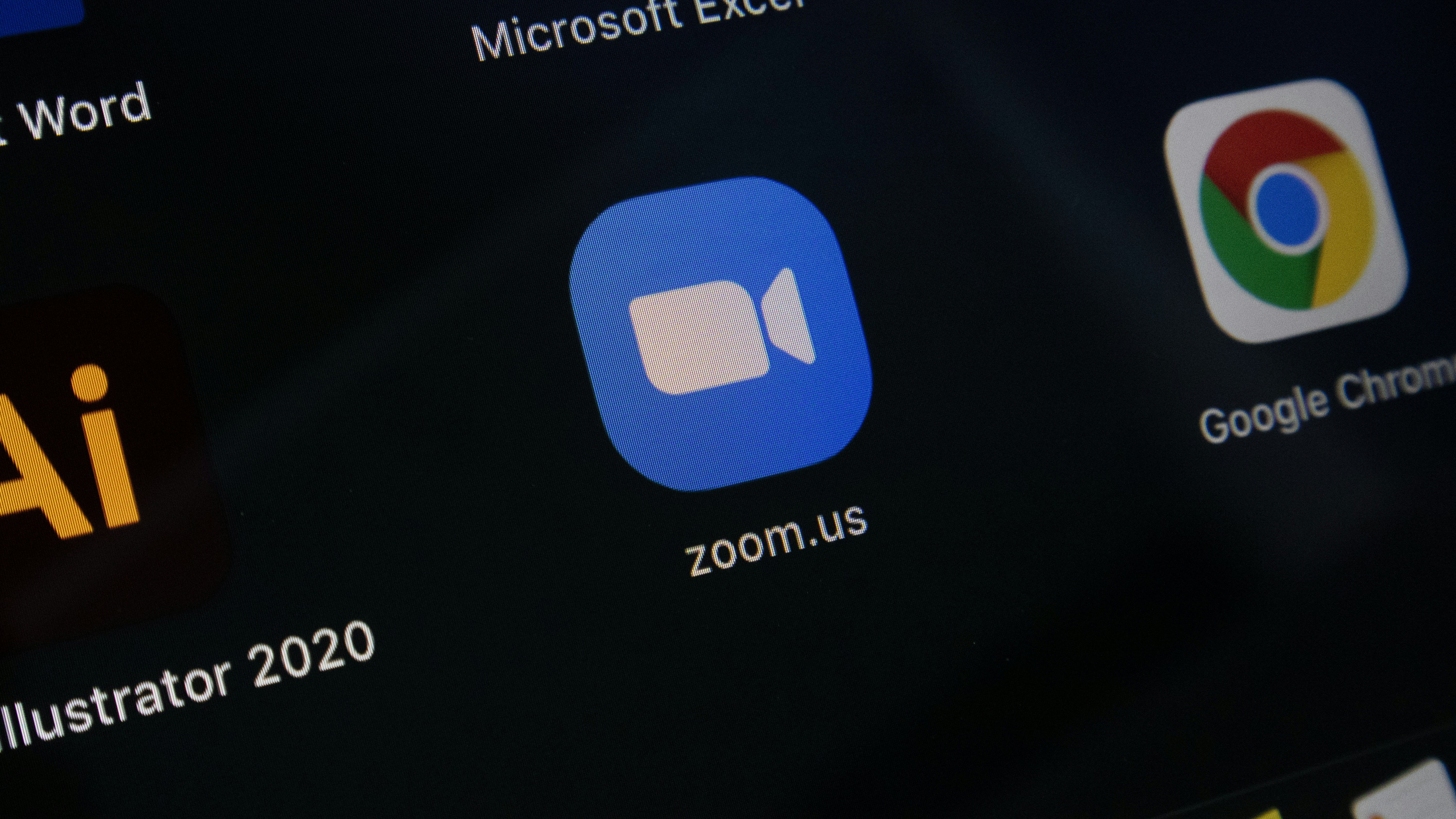The Humane AI Pin, a product preceded by a storm of high expectations and futuristic promises, has been met with severe disappointment post-launch. In an evolving tech landscape, this screenless, AI-driven wearable, despite being backed by a dream team of former Apple executives, was showcased at none other than Paris Fashion Week, only to falter under practical scrutiny. Its primary aim—reducing screen time by embedding AI-driven functions into a wearable pin—seems ambitious but has thus far resulted in a product deemed largely impractical by technology critics across the board. The Humane AI Pin is heftily priced at $699, plus a $24 monthly subscription. Thus potential buyers are urged to consider if this device, which continues to be plagued with functionality issues including cooling problems, latency, and a lack of necessary features, is more than a niche novelty.
Overview of the Humane AI Pin

Photo by Igor Omilaev on Unsplash
What is the Humane AI Pin?
The Humane AI Pin, a device born from ex-Apple executives' visions for a future less dependent on screens, promised a revolution. Marketed as a cutting-edge, generative AI-powered, and screenless wearable, this gadget which doubles as a fashion statement and technological marvel aimed to redefine user interaction with smart technology. The pin was initially introduced with much fanfare and was even paraded at Paris Fashion Week before its market release.
Humane AI Pin Design and Features
The design of the Humane AI Pin is straightforward yet futuristic. It consists of a square main device with a touch-sensitive panel, accompanied by a battery pack that magnetically attaches to one's clothing. The pin itself houses a variety of sensors and output devices including a camera, microphone, speakers, and the innovative projector that displays information right on the user's palm. This conceptual marvel aims to serve as a “second brain,” providing timely AI interactions without the need to immerse oneself in a traditional screen.
Humane AI Pin Price and Subscription Details
The Humane AI Pin comes at a steep price of $699, coupled with a $24 monthly subscription for continuous data service provided by T-Mobile. This subscription is not just a service fee but an essential part of the device’s functionality, offering cellular connectivity that powers its AI interactions. Given the hefty price tag and ongoing costs, consumers are prompted to evaluate the practicality of this wearable against its features and real-world utility.
Critical Reception and Performance Issues

Photo by Onur Binay on Unsplash
Reviewers' General Consensus
The device has been universally panned by tech critics and early adopters alike. Reviews from major publications like Engadget, The Verge, and The Washington Post have highlighted a series of fails, from fundamental operational flaws to less-than-ideal physical interaction dynamics. Reviewers have described experiences with the device as clunky, unreliable, and, in some cases, utterly unnecessary. The consensus points towards a product that fails to deliver on its promises, with some going as far to label it as one of the worst tech products launched.
Specific Failures and Flaws Noted
Various technical issues plague the Humane AI Pin, including overheating, poor battery life, unresponsive AI, and a projection screen difficult to view in bright conditions. Additionally, the AI's response time and accuracy do not meet expectations set by current standards in smartphone AI assistance. The required physical interactions—such as waving and tapping—have been criticized for lacking intuitiveness and practicality, often resulting in frustration rather than facilitation.
Defensive Reactions from Developers and Influencers
In response to the critical reception, developers and some industry influencers have come to the defense of the Humane AI Pin. They argue that the technology is in its early stages and will improve over time. Sam Sheffer, Humane's head of new media, acknowledged the criticism but framed it as valuable feedback for continuous improvement. However, the power and influence of significant figures like Marques Brownlee have amplified negative perceptions, occasionally leading to heated debates about the ethics of such reviews and their impact on technological innovation.
While the Humane AI Pin was introduced with the admirable goal of reducing screen time and integrating AI more seamlessly into everyday life, the execution has left much to be desired. The device's high cost, combined with its underwhelming performance, casts doubt on its viability in the current market.
Implications of Negative Reviews

Photo by Kelly Sikkema on Unsplash
Impact on Humane's Brand and Future
The barrage of critical feedback has placed Humane in a precarious position. Launched with great fanfare and backed by the pedigree of former Apple executives, the AI Pin was anticipated to be a groundbreaking device. Instead, its reception has veered off into an almost unanimous consensus of disappointment and frustration from both critics and early adopters. This kind of public failure can tarnish brand reputation, eroding trust and consumer confidence, which are critical components of success in the highly competitive tech industry.
Moreover, the financial viability of Humane hangs in the balance. With a hefty price tag of $699 plus a continuing $24 monthly subscription, the AI Pin is not just a casual purchase. Poor sales, compounded by the negative publicity, could deter new investors and strain the company's capacity to fund further innovation or even sustain operations, potentially leading to drastic measures like workforce reductions—or in a worst-case scenario, closure.
Discussion on the Responsibility of Influencers
The role of influencers in the tech industry, particularly in the context of product reviews, comes under scrutiny with the Humane AI Pin. High-profile tech influencers like Marques Brownlee have a massive following and the power to sway public opinion strongly. Brownlee’s labeling of the AI Pin as “The Worst Product I’ve Ever Reviewed” exemplifies the significant impact an influencer can have on a product's market performance.
This influence raises ethical questions about the responsibility these figures carry. On one hand, influencers are expected to provide honest, transparent feedback to maintain credibility with their audience. On the other hand, the potential to cause significant financial harm to companies—especially startups—calls into question the balance between honest critique and the possible repercussions for the livelihoods of those working within these companies.
Supporters of influencer critiques might argue that the responsibility lies not with the reviewer but with the company to ensure that the product meets market standards and consumer expectations. Critics, however, may contend that influencers should moderate their critiques to consider the broader economic or personnel impacts their opinions could potentially wield.






